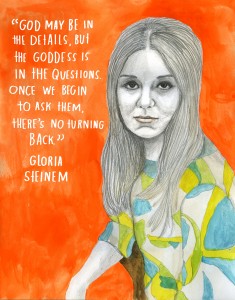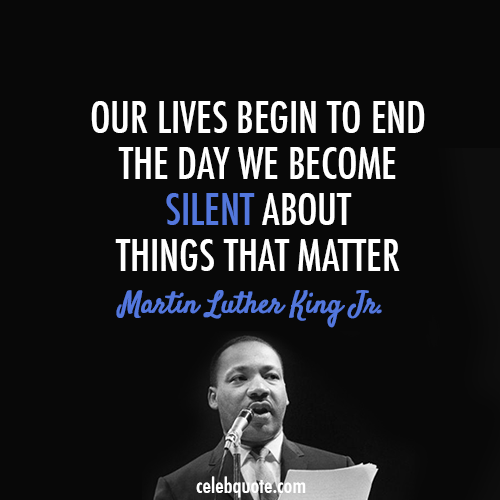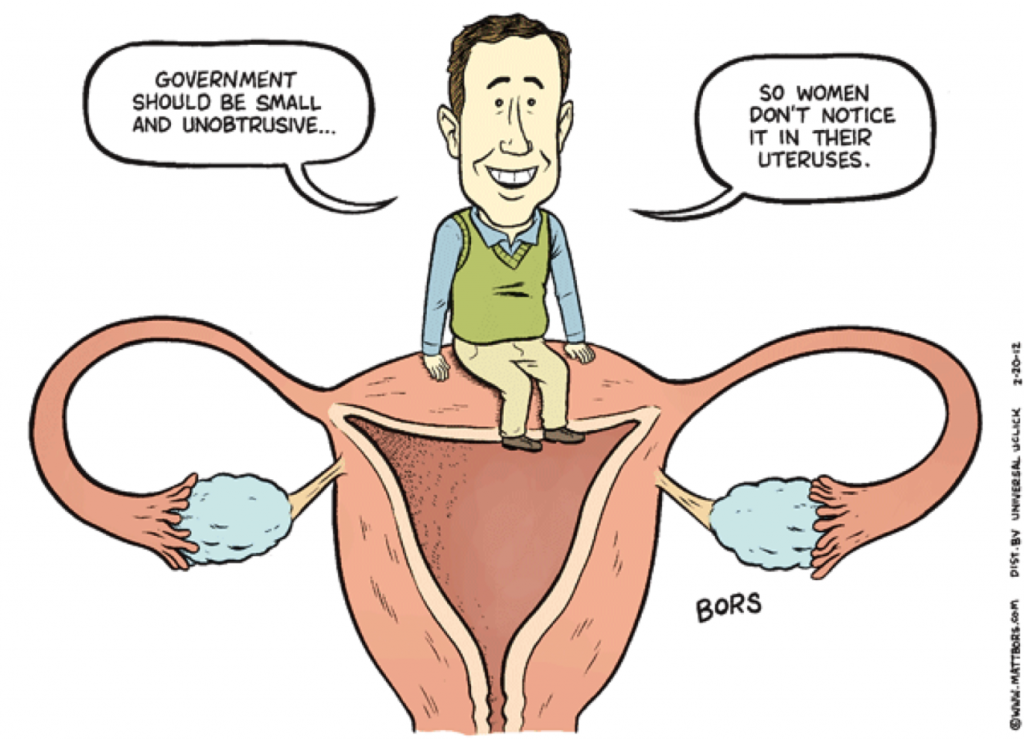Word Of The Month: The Personal is Political
In July, we decided to go with a phrase, the personal is political, rather than a word. Enjoy reading!
We have all probably heard this phrase at some point during our readings, discussions and discourses about women’s rights.
As the blog Feminism 101 clarifies, the phrase ‘the personal is political’ does not mean that everything a woman does is political or that all her personal choices are political choices. In feminist terms, the ‘personal is political’ refers to the theory that personal problems are political problems, which basically means that many of the personal problems women experience in their lives are not their fault, but are the result of systematic oppression.

Carol Hanisch is credited for having coined this phrase in her 1969 essay written as a response to the argument that consciousness raising was just “therapy.”
“Consciousness raising” refers to the early women’s liberation movement activity of women getting together in groups to discuss their own oppression. In her 2006 introduction to the essay Hanisch writes, “they belittled us no end for trying to bring our so-called “personal problems” into the political arena.”
According to the blog Feminism 101, “the theory that women are not to blame for their bad situations is crucial here because women have always been told that they are unhappy or faring badly in life because they are stupid, weak, mad, hysterical, having a period, pregnant, frigid, over-sexed, asking for it etc. The personal is political proposes that women are in bad situations because they experience gendered oppression and massive structural inequalities.”
The world has seen every so often a gathering of voices and a surge in political discourse around so many issues where the political decisions had deep personal repercussions—not only in how one led one’s life, but even in whether one’s life was in danger from one’s choices.
We have seen this in the past with the movements against apartheid, for abolition of slavery, for the rights of workers. We have seen this recently with the campaigns for gay rights, including gay marriage and equal civil rights and liberties. We have seen the Occupy movement where the politics of financial policies led to ruin for the 99% and whose personal lives were deeply affected.
With the gay rights movement there has been an increasing emphasis on ‘coming out’ and perhaps it is time for more women to also ‘come out’ and speak about the abortions they have had or needed to have. Often women question the need to share these personal details, but questioning these in public helps to break years of silence and stigma, and create support for other women who might be in similar situations.
Dr. Darcy Sterling writes about the advantages of coming out in this article published in the Huffington Post, “You do not live in isolation from the world. You have a fundamental obligation (as we all do) to make this world a safer place for the youth of our planet. Your personal choice to come out has a larger implication: It’s a political statement. So if you can’t find the strength to do it for yourself, do it for the kid in Tennessee who sees no “normal” role model of gay life because… so many people value “privacy” above social obligation.”

The repeated resurgence of safe abortion issues into the political arena during the build up to every US elections shows us how deep the desire to control individual lives and women’s lives runs and how fiercely we need to constantly be protecting it.
As Gloria Steinem says—the authority of any governing institution must stop at its citizens’ skin. The trouble is when we have a generation of people in their 20s and 30s who have never seen the impact of unsafe abortion and whose causes include everything from torture in detention to the environment to LGBTQ rights to globalization and migrants, then the need to protect safe abortion as a reproductive right does not quite make it to the top 5.
Akiba Solomon states in her thoughtful piece,“While considering the fortieth anniversary of Roe v. Wade, I’ve been thinking about Angela Davis’s 1988 essay “Sick and Tired of Being Sick and Tired.” In it, she wrote, “Politics do not stand in polar opposition to our lives. Whether we desire it or not, they permeate our existence, insinuating themselves into the most private spaces of our lives.
“Given that about 40 percent of American pregnancies are unintended, that black and Latina women undergo abortions at a higher rate than white women, and that financial instability is the foremost reason women give for ending a pregnancy, I think it’s high time for more women of color to get loud about reproductive health rights and for traditional gatekeepers to listen. As my mother recently said, we’re at war. There’s simply no room for ambivalence, queasiness, or fear.”

But not everyone agrees that abortion should be a political issue. For many it is a private matter, in which the government need not be involved. In the last few years alone we have seen a number of banners during campaigns asking politicians to stop discussing women’s reproductive choices. But such campaigns can go terribly wrong. Without the government it is impossible to fight barriers that have been systematically put in place.
Privacy does matter. Yet, within these private stories lies the ammunition we need to break free from years of systematic oppression. The stories of women who either continued their unwanted pregnancy for fear of punishment, or risked their lives to terminate one, or fought hard to find safe abortion will reveal the several nuanced barriers that have been deliberately placed over the years through political, religious and patriarchal systems. Join us this month as we explore and try to understand the connection between the personal and the political.






